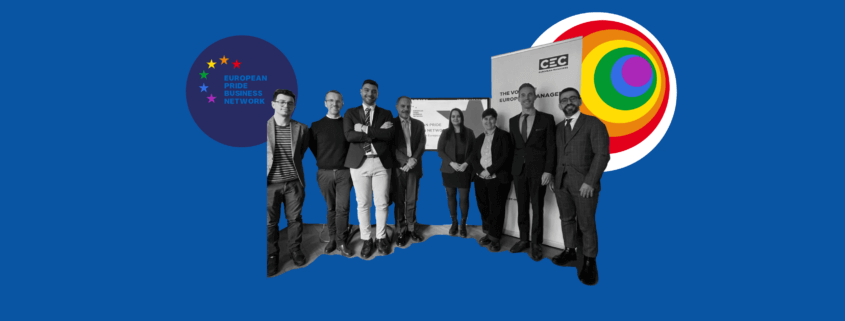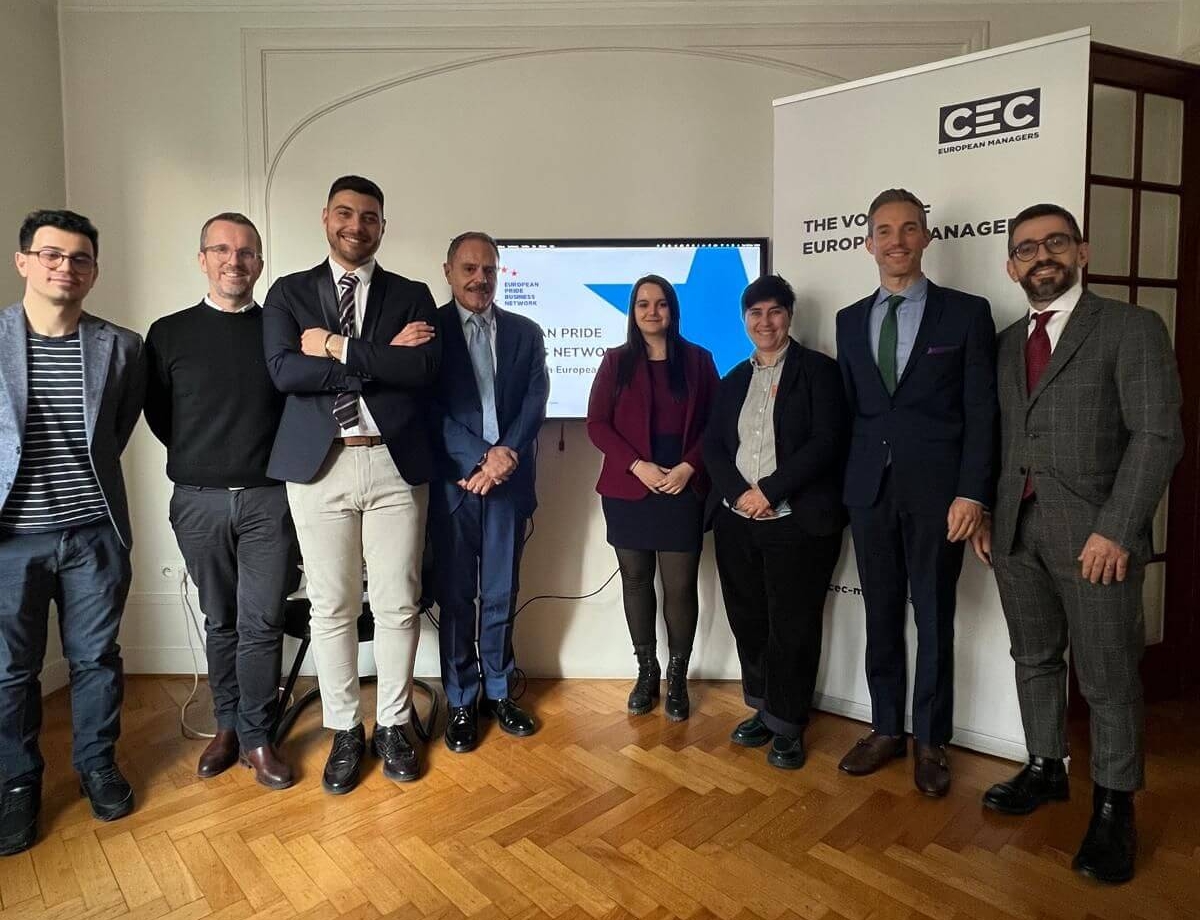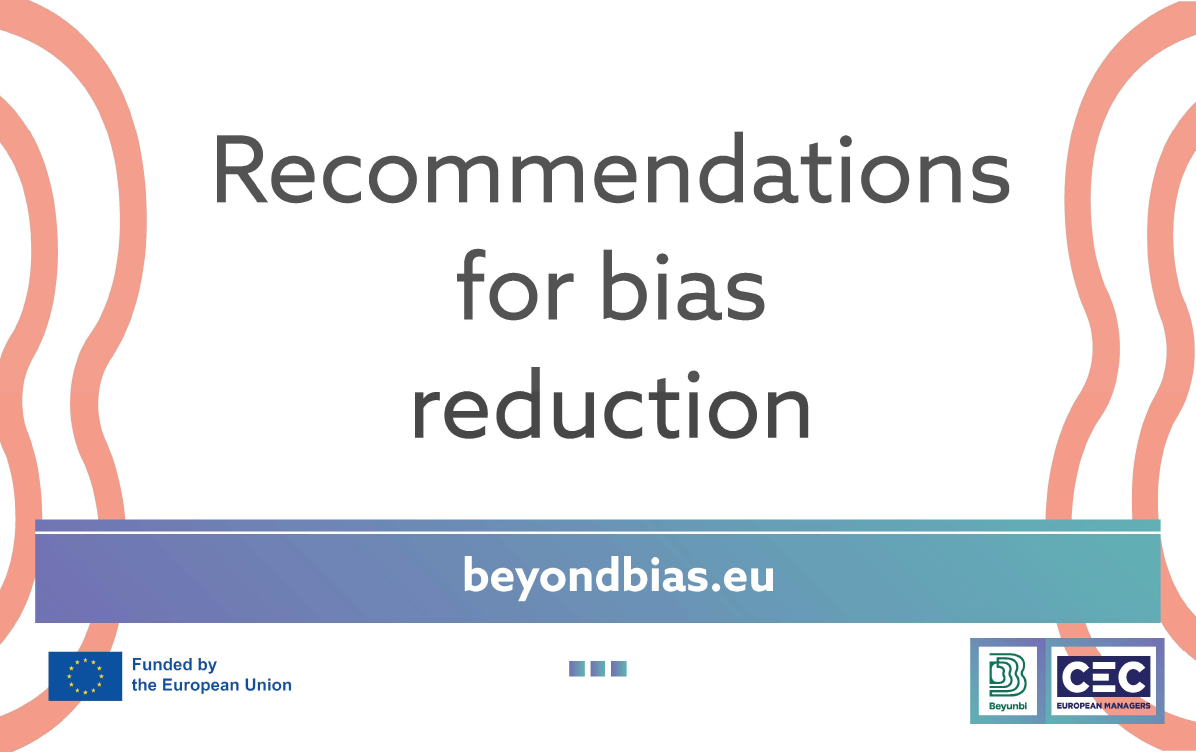LGBTIQ entrepreneurs are ready to grow; They just need the ecosystem to catch up
New Report Links LGBTQIA+ Rights to Economic Growth in Italy and Europe
The European Pride Business Network (EPBN) and the European LGBTIQ Chamber of Commerce (EGLCC) introduced to CEC European Managers the second edition of the Tortuga-EDGE Report, which reveals a compelling, data-backed reality: LGBTQIA+ inclusion is closely tied to regional development, prosperity, and attractiveness, both within Italy and across Europe.
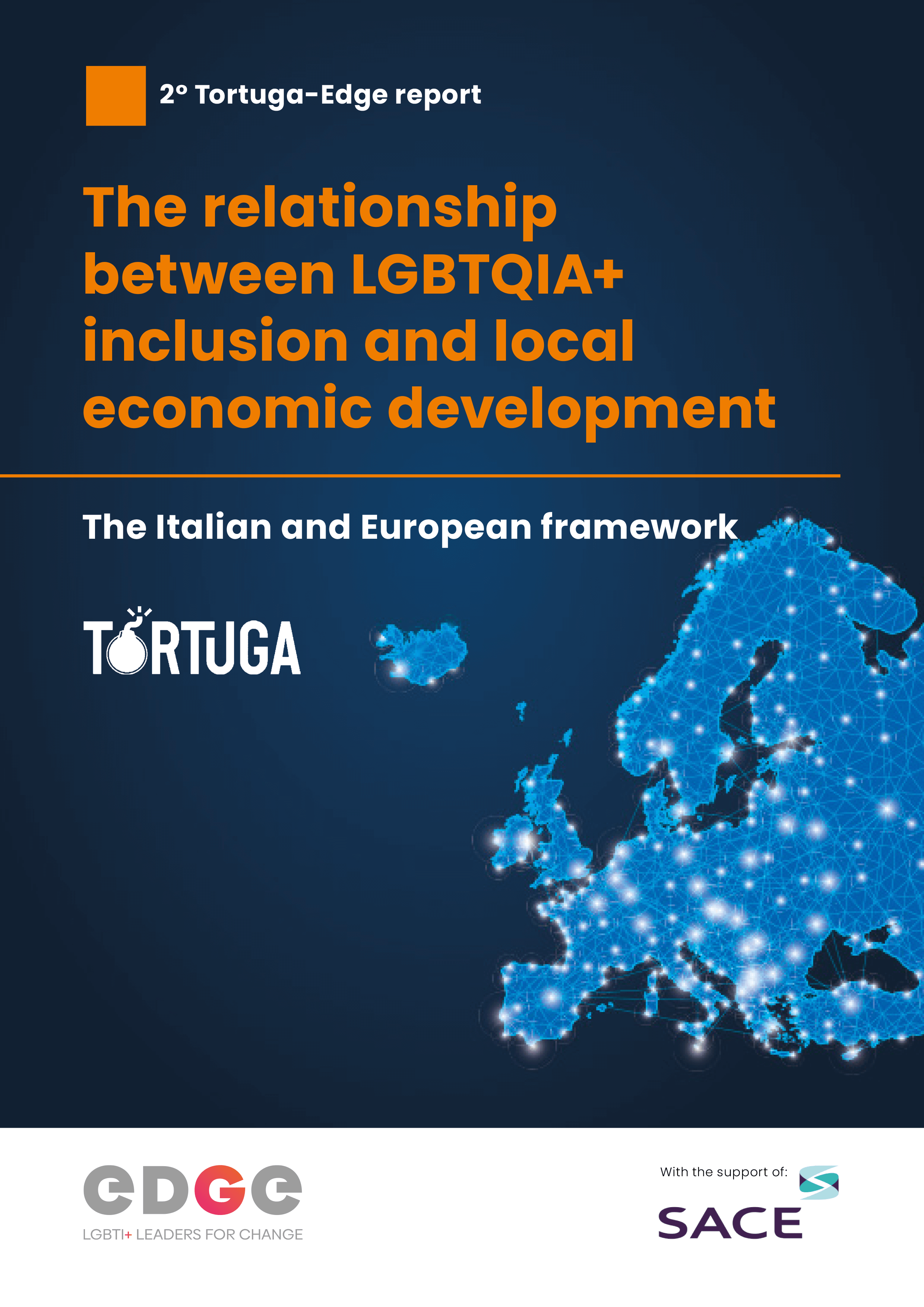
Published by the economics think tank Tortuga in collaboration with the LGBTQIA+ advocacy network EDGE and supported by SACE Group, the study draws from a mix of quantitative economic indicators and sentiment analysis of social media to paint a nuanced portrait of how LGBTQIA+ people fare across Italian territories—and what that means for local economies.
Behind the statistics lies a persistent “inclusion divide” that echoes broader regional disparities in Italy. Northern and Central Italy outperform the South, not only in economic terms but also in openness toward LGBTQIA+ individuals.
Surprisingly, even adjacent areas can differ significantly, underscoring the granular nature of inclusion dynamics.
While countries like Spain and Portugal have improved dramatically, and Scandinavian countries lead the way, Italy remains relatively static.
For policymakers, businesses, and local governments, the report offers a powerful argument for investing in equality—not only because it’s right, but because it works.
Europe’s LGBTIQ Entrepreneurs Call for Stronger Support and Visibility, Says New EGLCC Survey
Another interesting input shared during the exchanges with CEC European Managers was the 2024 Survey conducted by the European LGBTIQ Business Community.
According to the latest European LGBTIQ Chamber of Commerce (EGLCC) data, LGBTIQ entrepreneurs across the continent are demanding greater advocacy, more substantial networking structures, and more strategic visibility within the business ecosystem.
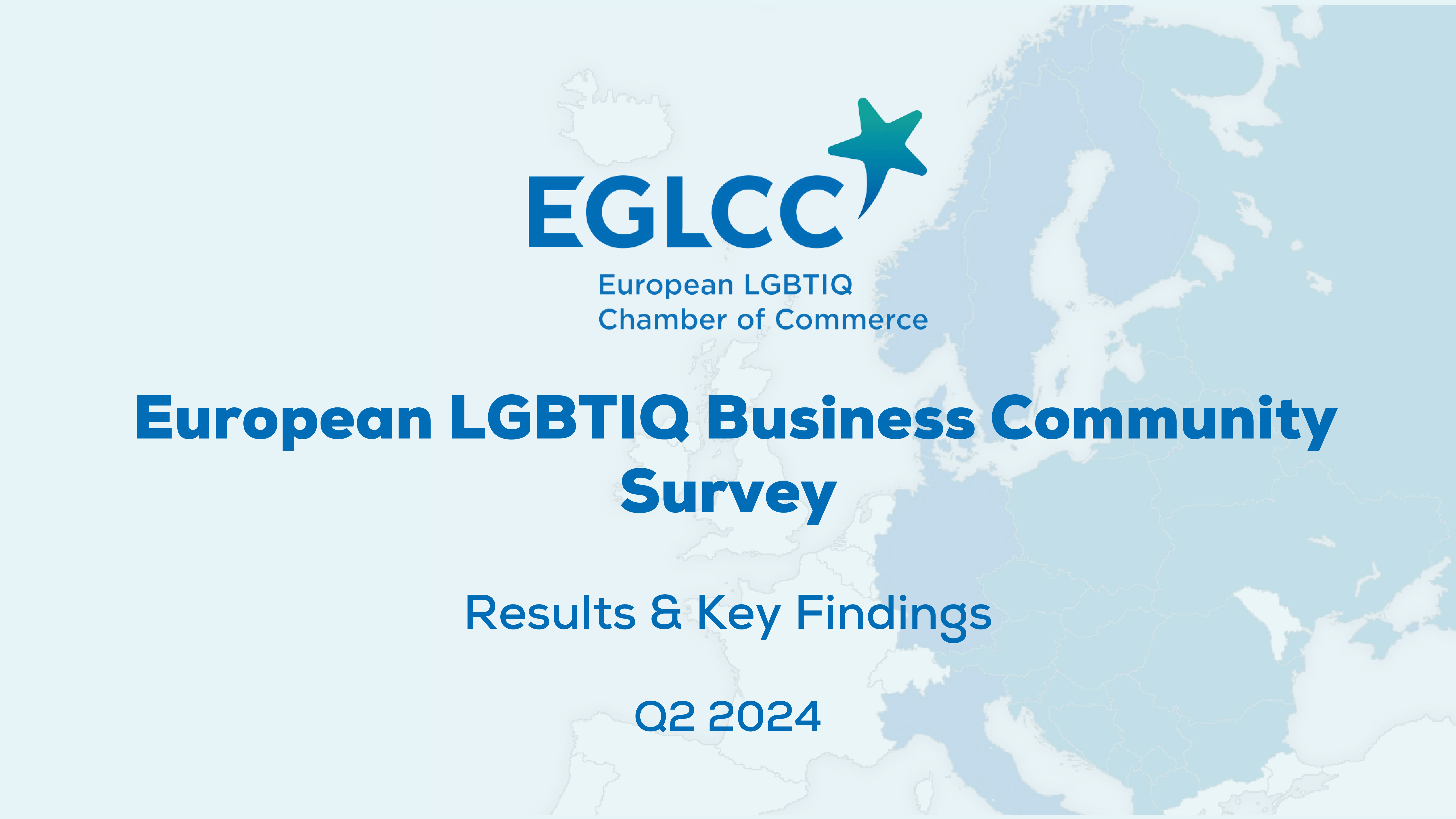
The survey, conducted in the second quarter of 2024, collected insights from business owners and entrepreneurs in 23 European countries. Nearly half of the respondents identified as LGBTIQ entrepreneurs, and more than a third as small or medium-sized business owners.
A striking 90% of participants said they are open about their sexual orientation and gender identity in professional settings, a sign of growing confidence within the community.
However, openness does not always equate to opportunity. What emerged clearly is a demand for structured, strategic support—particularly around advocacy, access to finance, and business networking.
For 94% of respondents, it is “important” that the EGLCC acts as a vocal advocate for LGBTIQ businesses.
More specifically, three out of four emphasized the critical role of advocacy in supplier diversity and inclusion—a nod to the persistent barriers LGBTIQ business owners still face when seeking procurement opportunities or scaling their ventures.
68% of respondents highlighted the importance of using EGLCC as a platform for identifying new business opportunities.
Networking, too, stood out as a cornerstone of community needs. Over 65% of those surveyed desire peer-to-peer networking at the local and regional levels, while 56% seek similar interactions across the wider European landscape.
The findings suggest that while continental unity is key, it must be built from the ground up—with local chapters and events playing a crucial bridging role between national realities and pan-European goals.
This survey is a mirror and a megaphone: LGBTIQ entrepreneurs are ready to grow. They just need the ecosystem to catch up.
With LGBTIQ entrepreneurs and professionals still facing disproportionate barriers to advancement and recognition, the delegation’s visit underscored the importance of leadership that is diverse in representation and inclusive in action.
By engaging with EU institutions and like-minded organisations such as CEC European Managers, the European Pride Business Network (EPBN) delegation is helping shape a European business narrative beyond compliance toward cultural and economic transformation.
Progress is possible when social partners, business leaders, and policy advocates unite with a shared vision: a workplace—and a society—where everyone is empowered to lead, contribute, and grow.

